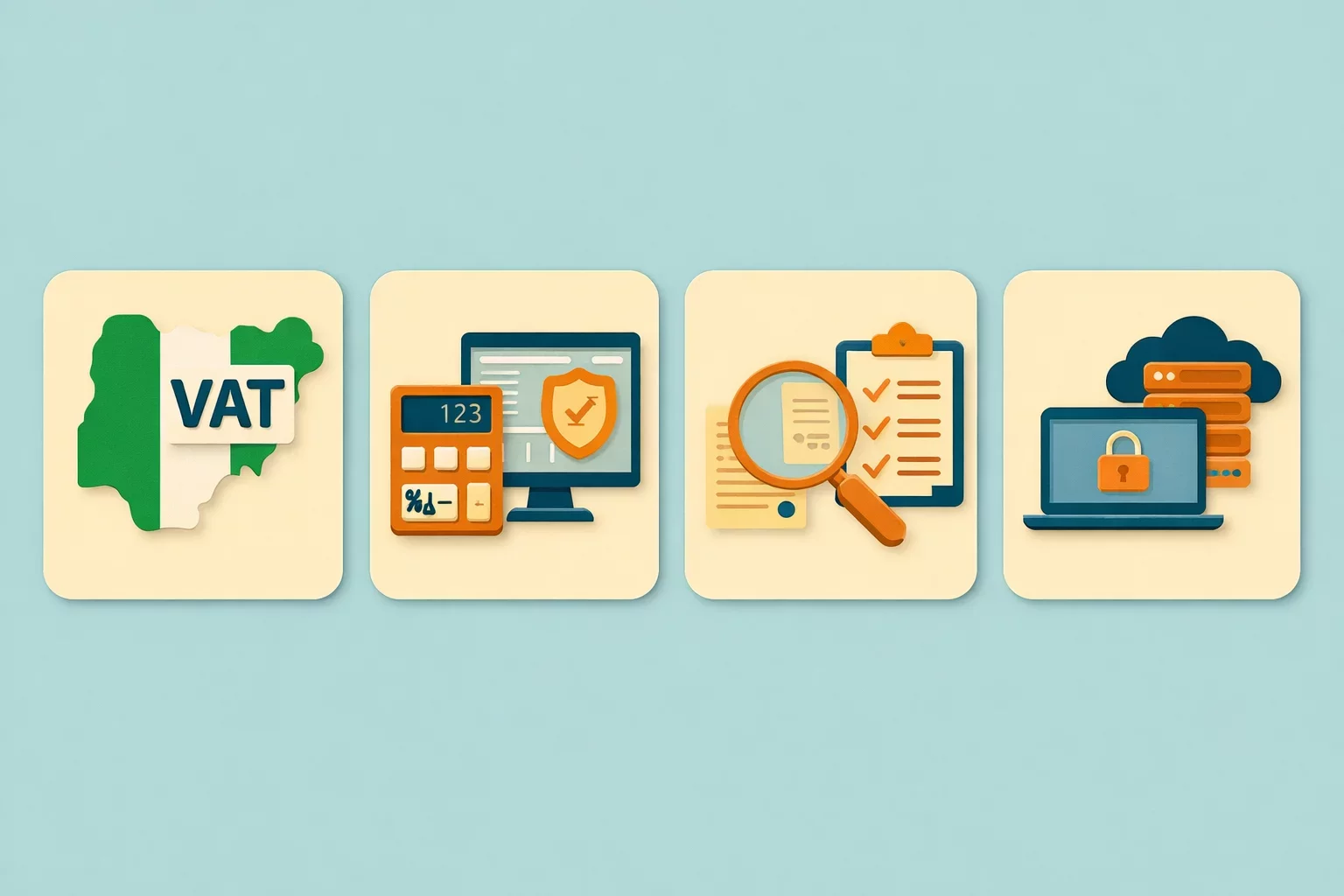Denmark’s New Digital Bookkeeping Rules for Foreign VAT-Registered Businesses in 2026
-ptzesl0kij.webp)
Denmark introduced the new bookkeeping system requirements on January 1, 2025, mandating a system that can receive e-invoices, store these and other relevant information and documents electronically, and support data exchange via a SAF-T file. Nevertheless, the Danish government plans to change digital bookkeeping requirements further.
Therefore, the Danish Business Authorities announced the introduction of new digital bookkeeping requirements for foreign entities registered for VAT in Denmark.
Impact of New Bookkeeping Requirements
Starting on January 1, 2026, entities not established in Denmark but registered for VAT purposes and whose turnovers exceed the DKK 300,000 (around EUR 40,000) threshold for two consecutive years are subject to Danish digital bookkeeping requirements. However, these requirements do not affect taxable persons required to submit annual reports.
Newly VAT-registered foreign taxable persons will become subject to these requirements once their turnover exceeds the set threshold for two consecutive years. This means the rules apply to actual net turnover, not the expected turnover.
Therefore, businesses registered for VAT that exceeded the DKK 300,000 turnover threshold from the activity in Denmark in 2024 and 2025 will be subject to digital bookkeeping requirements from the beginning of next year.
The Danish Bookkeeping Act defines penalties for noncompliance, with fines up to DKK 1.5 million (around EUR 200,000) for violating new requirements. Additionally, authorities may conduct an audit and issue a qualified opinion in the annual report if the bookkeeping system does not meet the criteria.
Conclusion
Non-resident or foreign taxable persons registered for VAT in Denmark should determine whether their bookkeeping system can exchange e-invoices following OIOUBL and Peppol BIS formats and generate SAF-T files.
Since there is still enough time to adjust to new requirements, taxable persons subject to these rules can create a test file to examine which data it contains and ensure that the SAF-T file includes all the relevant and accurate data.
Source: KPMG

Featured Insights

Nigeria VAT Compliance: TaxPro Max Explained
🕝 March 3, 2026More News from Denmark
Get real-time updates and developments from around the world, keeping you informed and prepared.
-e9lcpxl5nq.webp)












